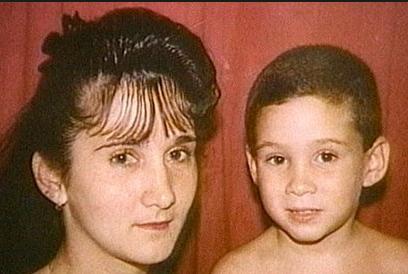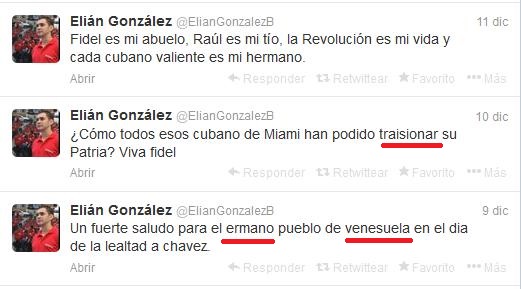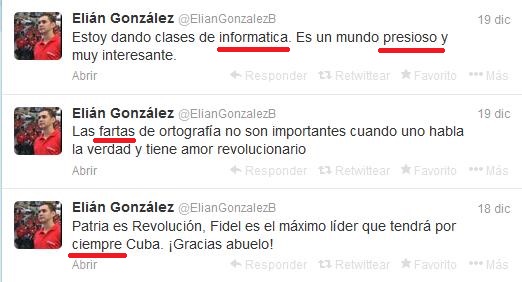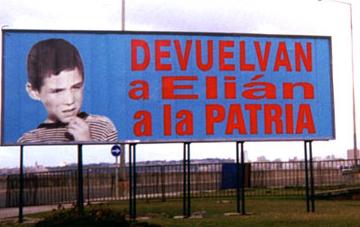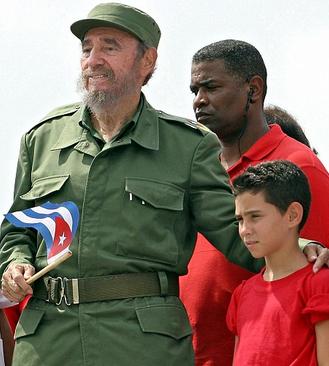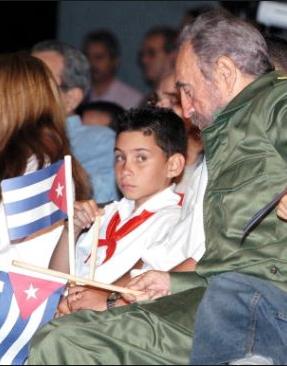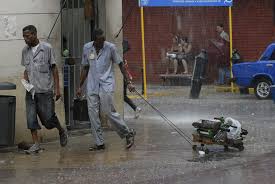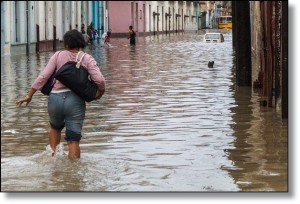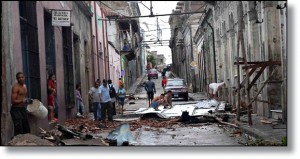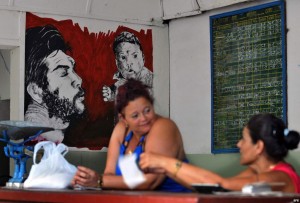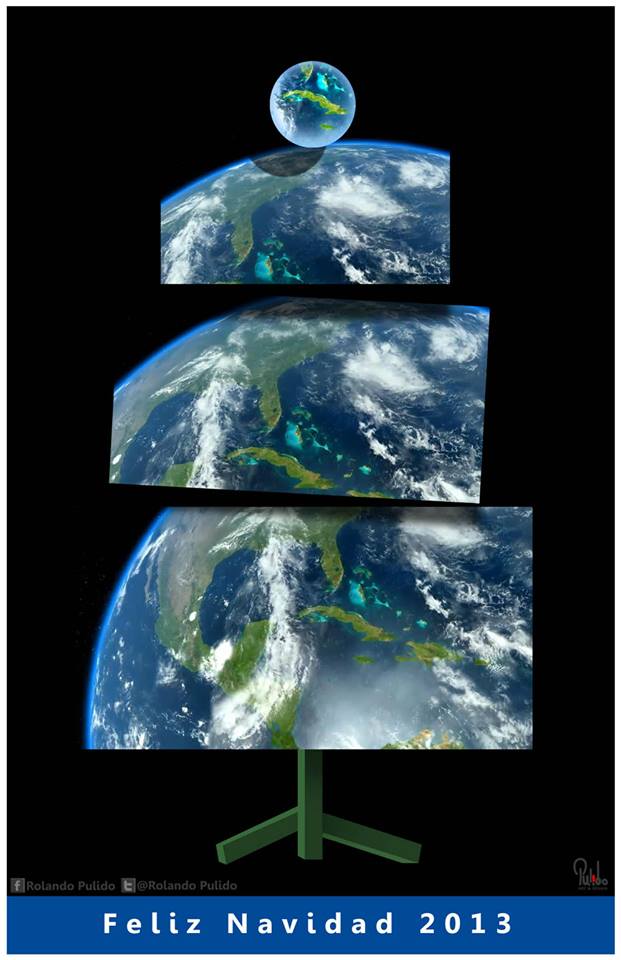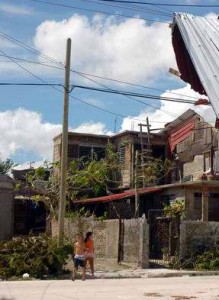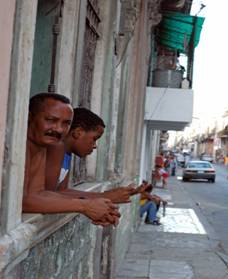Before anything else, please forgive me for entering so late into the discussion. My life is very complicated precisely because of the climate of indifference, incapacity and/or corruption that I see confirmed in all the applications to the housing “machine”. I am appalled! I mention it because in my opinion what brought an end to socialism in the countries in the East was the unpunished mixing up of interests on the part of those who became millionaires during the socialism, opportunism, corruption and repression. Criminals who went unpunished because of the absence of opportunity for criticism, debate and for a culture of criticism of course. Gorbachev and Yeltsin only delivered the coup de grace ... we should all think about that and those involved should take appropriate action.
I am not a theorist and am speaking to you on the basis of my principles and experiences.
I think it’s the moment to get to the essence, or rather, to other essences. First I want to talk about the demoralising effect of repression. And the confusion and paralysis it produces. That would partly explain why the response from the culture, on many occasions, did not display the necessary consistency. I know a lot about that. The assemblies for purging the School of Architecture (in the second half of the 60’s), in the middle of my adolescence, truly terrified and confused me. The lack of correspondence between the political debate, full of high-sounding ideas, and the meanness in practice bewildered me. I didn’t understand anything, I couldn’t articulate anything. I tasted the flavour of impotence. Many of the members of the “purification” tribunals are in exile. “Purification”, for God’s sake, seems like something imported from fascism!
Later, in the 70’s, it happened in the School of Journalism. I was a student of Eduardo Heras [Ed. note: Cuban short story writer] and the same thing happened again. In both places the devaluing of the human essence was part of the strategy. Then came a period in which it seemed we had suffered some kind of collective amnesia, from which we didn’t want to awake to avoid going through the story of our weakness? And then, a new low hit with Alicia … frustrated because she was responded to by the film producers and the members of the culture which supported us with principles, unity, coherence and firmness. We manage to sort out the differences between us, which exist, as they do everywhere and we declare a truce in the fighting in order to safeguard our cultural project, which we are still getting on with.
Now I ask those who cite our intellectuals for not answering forcefully at the given moment, is it better to march off into exile, which is anyone’s right, which I don’t question, rather than collect the fragments of our beings, feelings, hopes, and also our revolutionary existence and remain here, fighting in our own way, as best we can, to rescue a cultural project we believe in? We must respect the way each one of us fights, because we are all products of traumatic events which have overwhelmed us. I believe we have to express clearly and coherently what kind of country we want to have and what kind of culture. Therefore I propose we take up again the concepts which were current in the foundation period of the Revolution, later distorted by interpretations which were circumstantial, obtuse, opportunist and convenient for the Palabras a los Intelectuales [Ed. note: Words to the Intellectuals – famous speech of Fidel Castro’s in 1961, setting out his views on freedom of cultural expression] which unfortunately they use because of the lack of conceptual definitions.
Take up again “the inclination of the avant-guard, the freedom of expression, the independence of individual evolutions, the search for the roots of creative feeling and the attempt to make clear the spiritual values of man”, to be found in Origenes [Ed. note: Origins, a Cuban literary cultural magazine] and what Carlos Rafael Rodriguez (Hey! called “the prince of Cuban Marxism”) expressed on March 23, 1982 on the 30th anniversary of the foundation of the Nuestro Tiempo society [Ed. note: Cuban cultural institution in the ’50’s].
I think we have to get the bogeyman of openness away from our cultural and political life. The permanence of the Cuban Revolution is a symptom of the fact that our “specificities” are stronger than our “regularities”. We can’t delay any longer the culture of exercising opinion and debate, or we will pay dearly, even more so than up to now. Our people are the most defenceless in the world against the avalanche of neoliberal culture. We painstakingly modelled ourselves as passive recipients. As consumers, in all senses of the word of what they give us.
The battle of ideas should be this: a battle and I think this debate illustrates how it never should have been.
I hope I have contributed something to this debate. Big hug.
Marina Ochoa
Another message from Marina Ochoa to Gustavo Arcos Fernández-Brito.
Dear Gustavo (Arcos Fernández-Brito):
I’ve been filming and I am getting prepared to start editing, and therefore although I have wanted to get in touch I haven’t had the time or the energy, so I end up with dispersed neurons.
The creation of a wailing wall for artists is bad news. They don’t understand anything. We say tweet tweet and they answer quack quack.
The 47 years in which the “vanguard of the proletariat” has been translated as the right to think for us, deciding for us whatever does or doesn’t suit us as individuals, family, nation, has corroded the capacity to use our judgement and has put us in the rearguard, while the thinking of our people has become more complicated, growing, and overflowing the society “designed” from above, which functions less each day; (the other, the underground, parallel or floating society which functions as a diversion, gives the lie to it every minute) but on the screens of our television, which often seems to be directed by Walt Disney, it appears as ideal.
The son of one of my nieces, 9-years-old, sighed while he was watching the national TV news, “I would like to live there!” Childish wisdom … and I swear to you I didn’t make this up.
I was very grateful to receive the intervention of the wonderful Colina and that of Belkis Vega [Ed. note: Cuban film producer]. Indispensable. I think that Criterios [Ed. note: Desiderio Navarro’s magazine, produced by the Centro Teorico Cultural] should collect everything they have expressed and bring out a number of the magazine and include what the 30 will produce. Certainly, knowing professionals of Belkis’ stature, in all senses of the word, professional, moral, humane, revolutionary, I can’t understand how it’s possible that her name does not position her to occupy roles such as the presidency of UNEAC [Cuban Writers and Artists Union], the presidency of ICAIC [Cuban Film Institute], as they are looking at the names of possible substitutes, all machos, men, masculine.
Colina refers to the responsibilities of Torquesada [Ed. note: Armando Quesada, member of the Stalinist National Council of Culture in the 70’s] in the ICRT [Cuban Institute of Radio & Television].
I also know that they made Torquesada adviser to the programme “Open Dialogue” following a negative report about the programme put out by this man, with a recommendation to take it off the air, which shows a very interesting practice: I put you in as adviser to someone you want to destroy and explain the drop in the quality of the debate in the said programme.
I won’t take any more of your time and congratulate you on your honesty and integrity
A hug
Marina Ochoa
Translated by GH



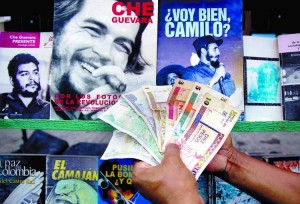 HAVANA, Cuba , December, www.cubanet.org – Monetary and exchange rate unification was addressed by Raúl Castro in his speech at the closing session of the National Assembly and by Vice President Marino Murillo Jorge, on December 21, according to the Cuban media. The interest of calming the population can be seen in the president’s assertion that there will be no affects on those who legally earn income in hard currency and in Cuban pesos, nor on the cash in hand of the population, or on deposits in the national banking system. continue reading
HAVANA, Cuba , December, www.cubanet.org – Monetary and exchange rate unification was addressed by Raúl Castro in his speech at the closing session of the National Assembly and by Vice President Marino Murillo Jorge, on December 21, according to the Cuban media. The interest of calming the population can be seen in the president’s assertion that there will be no affects on those who legally earn income in hard currency and in Cuban pesos, nor on the cash in hand of the population, or on deposits in the national banking system. continue reading


